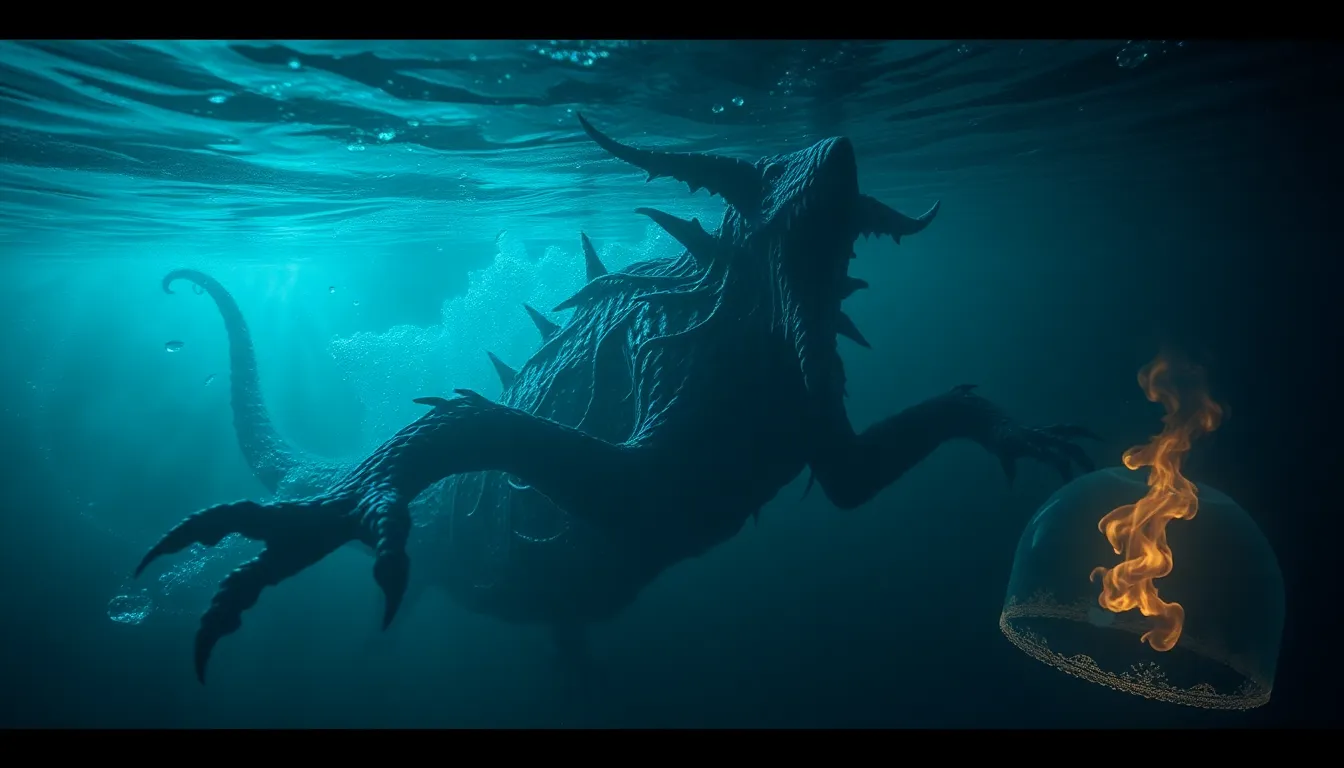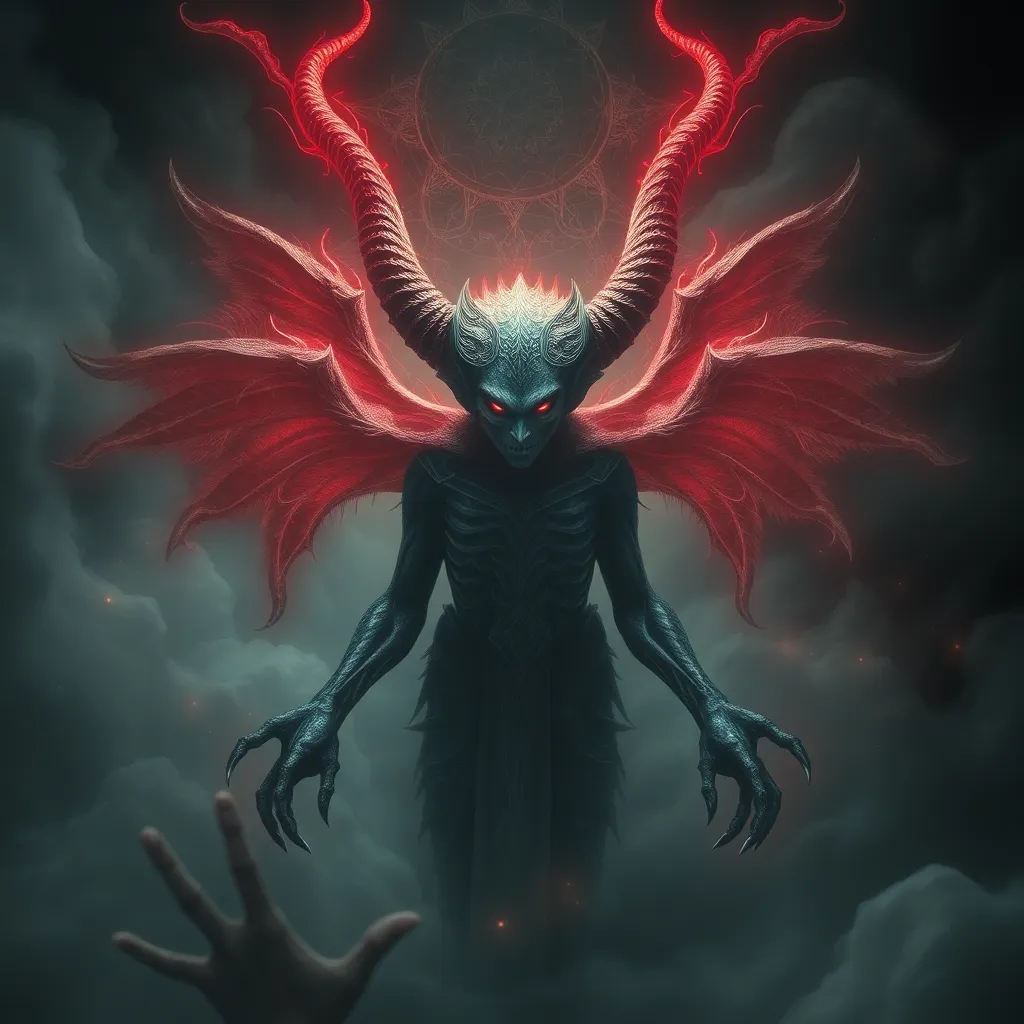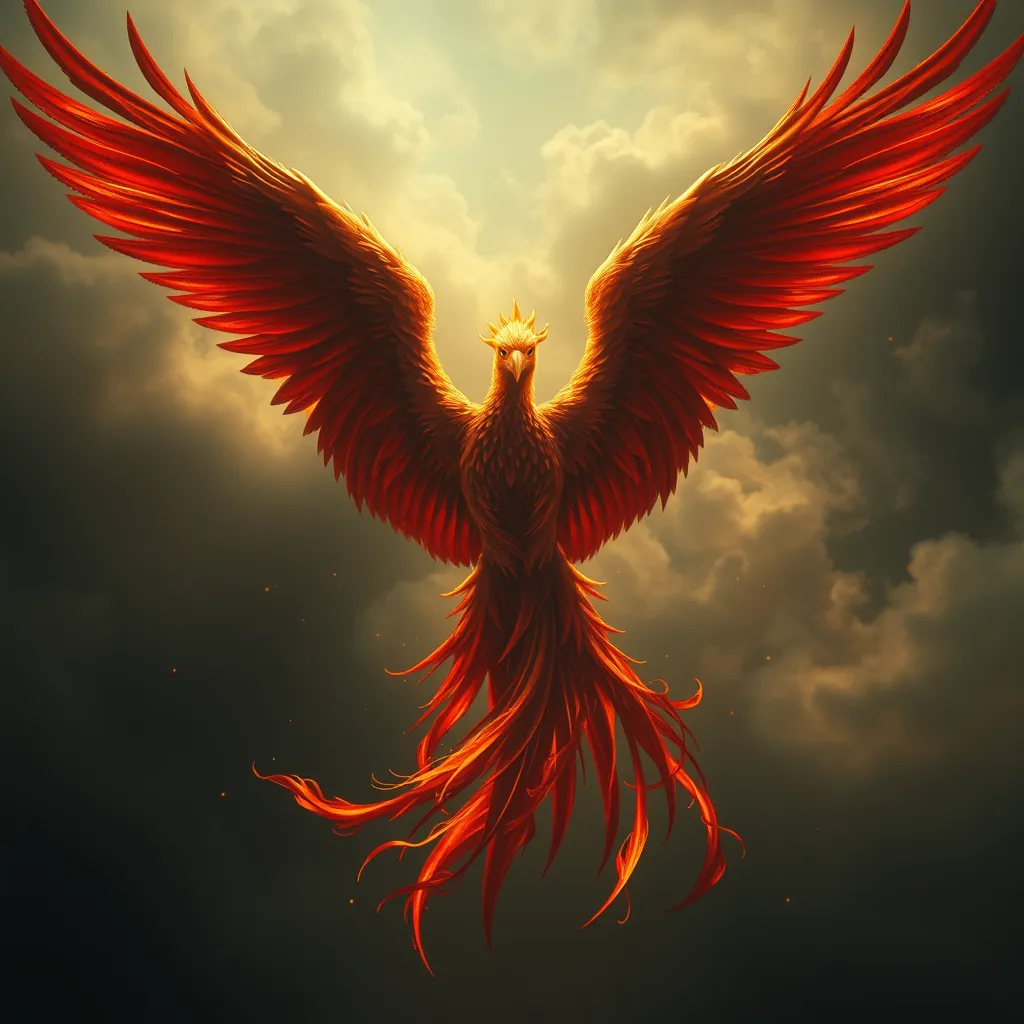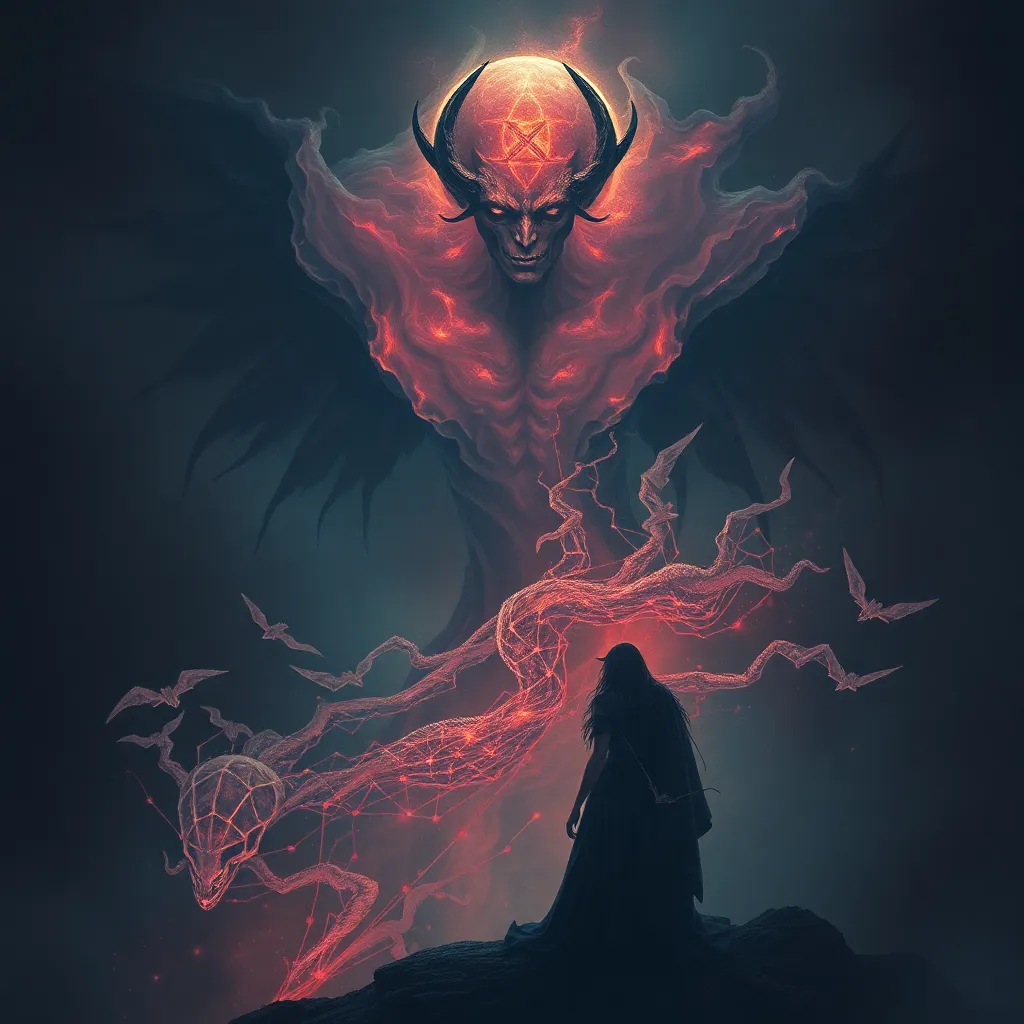The Unseen Depths: Exploring the Role of Water Creatures in Occult Practices
I. Introduction
Occult practices encompass a wide range of beliefs and rituals that seek to tap into hidden knowledge and spiritual truths. These practices often involve the manipulation of natural elements, and one of the most significant of these elements is water. Water creatures, both real and mythical, have held profound significance in various cultures throughout history, often representing the mysteries of the subconscious, emotion, and the unknown.
This article delves into the intersection of water creatures and the occult, exploring their historical context, types, rituals, cultural perspectives, modern interpretations, and psychological implications. Understanding the role of these creatures can deepen our appreciation of the mystical connections between humanity and water.
II. Historical Context of Water and the Occult
Throughout history, water has been revered as a sacred element, integral to life and spirituality. Ancient civilizations often worshipped water deities, recognizing their power over fertility, purification, and the very essence of life.
- Ancient Civilizations: Cultures such as the Egyptians, Greeks, and Mesopotamians had gods and goddesses associated with water, like Poseidon and Tiamat, who were seen as powerful figures that controlled aquatic realms.
- Rituals and Spiritual Practices: Water was used in many rituals, from baptism in Christianity to purification rites in Hinduism, symbolizing rebirth and cleansing.
- Folklore and Mythology: Tales of water creatures like mermaids and krakens emerged from the depths of human imagination, often reflecting societal fears and desires.
III. Types of Water Creatures Associated with the Occult
Water creatures in occult practices span a spectrum from enchanting to fearsome. Each type carries its own symbolism and significance.
- Mermaids and Sirens: These beings often symbolize seduction and danger, captivating sailors and leading them to their doom. They embody the duality of allure and risk.
- Sea Serpents and Dragons: Often depicted as guardians of hidden knowledge, these creatures represent the mysteries of the deep and the power of transformation.
- Spirits of the Water: Elementals such as undines are believed to inhabit water bodies, embodying the essence of water and often invoked in rituals for healing and intuition.
IV. Rituals Involving Water Creatures
Rituals that invoke water creatures are varied and deeply symbolic, often reflecting the cultural context of the practitioners.
- Ceremonies and Rituals: Many cultures perform ceremonies to honor water spirits, seeking their blessings for fertility, prosperity, and protection.
- Animal Totems: In occult practices, water creatures can serve as animal totems, guiding practitioners in their spiritual journeys and providing insights.
- Divination and Prophecy: Water creatures often play a role in divination practices, where their appearances or the conditions of water can signal prophetic messages.
V. Cultural Perspectives on Water Creatures in Occultism
Different cultures have distinct beliefs about water creatures, each adding rich layers of meaning to their spiritual practices.
- Indigenous Beliefs: Many indigenous cultures view water creatures as vital to their mythology and spirituality, often seeing them as ancestors or spirits of the land.
- European Folklore: In Europe, water creatures like fairies and witches associated with water reflect the cultural anxieties of their times, often linked with the untamed nature of women.
- Asian Traditions: In Asian cultures, water creatures like the dragon symbolize power, wisdom, and the flow of life, often serving as protectors of water sources.
VI. Modern Interpretations and Practices
In recent years, there has been a resurgence of interest in water creature symbolism, particularly within neo-pagan and contemporary spiritual practices.
- Neo-Paganism: Many neo-pagan traditions incorporate water creatures into their rituals, celebrating their connection to the element of water.
- Contemporary Rituals: Modern practitioners adapt traditional rituals to fit their personal beliefs, often blending ancient practices with contemporary spiritual needs.
- Popular Culture: Movies, literature, and art have reimagined water creatures, influencing how society perceives their mystical qualities and roles in the occult.
VII. The Psychological and Spiritual Implications
The connection between water creatures and the subconscious is profound. Water is often associated with emotion, intuition, and the depths of the psyche.
- Subconscious Connection: Water’s fluid nature mirrors human emotion, serving as a metaphor for the depths of the soul.
- Archetypes: Water creatures can be seen as archetypes, representing various aspects of the self and collective human experience.
- Healing and Transformation: Water plays a crucial role in healing rituals, symbolizing purification and transformation, allowing individuals to release and renew.
VIII. Conclusion
Water creatures hold significant power and symbolism in occult practices across cultures. They represent the mysteries of the subconscious, the allure of the unknown, and the potential for transformation. As we explore the ongoing relationship between humanity and water, it becomes clear that these creatures are not just figments of folklore but vital aspects of our spiritual heritage.
As individuals, we are encouraged to explore personal connections with water and its creatures, integrating their mystical qualities into our spiritual practices. Whether through rituals, meditation, or honoring their symbolism, engaging with the unseen depths can enrich our understanding of ourselves and the world around us.




